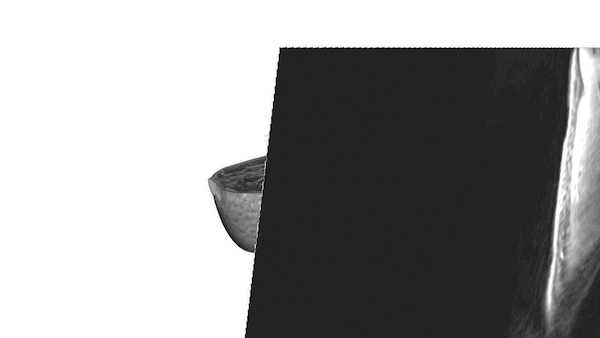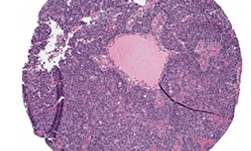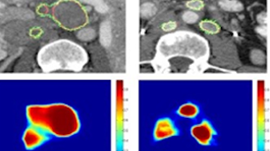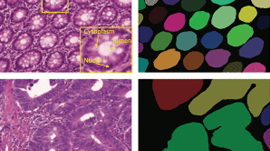Researchers from Beth Israel Deaconess Medical Center (BIDMC) and Harvard Medical School have developed a deep learning approach to read and interpret pathology images.
Trained on Tesla K80 GPUs with the cuDNN-accelerated Caffe deep learning framework, their system achieved 92 percent accuracy at identifying breast cancer in images of lymph nodes which earned them the top prize in two separate categories at the annual International Symposium of Biomedical Imaging (ISBI) challenge. The team also published a paper detailing more of their work.
For the slide-based classification task, human pathologists were accurate 96 percent of the time.

Andrew Beck from BIDMC said what’s truly exciting is that 99.5 percent accuracy can be achieved when the pathologists’ analysis and results from the deep learning system are used together. He added, “Our results in the ISBI competition show that what the computer is doing is genuinely intelligent and that the combination of human and computer interpretations will result in more precise and more clinically valuable diagnoses to guide treatment decisions.”
Read more >>
Deep Learning System Improves Breast Cancer Detection
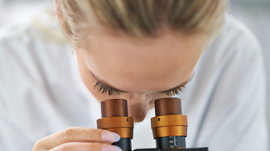
Jun 23, 2016
Discuss (0)
AI-Generated Summary
- Researchers from Beth Israel Deaconess Medical Center and Harvard Medical School developed a deep learning approach to interpret pathology images, achieving 92 percent accuracy in identifying breast cancer in lymph node images.
- The deep learning system was trained on Tesla K80 GPUs using the cuDNN-accelerated Caffe framework and won top prizes in two categories at the International Symposium of Biomedical Imaging challenge.
- When combined with human pathologists' analysis, the system's accuracy improved to 99.5 percent, indicating that the combination of human and computer interpretations can lead to more precise diagnoses.
AI-generated content may summarize information incompletely. Verify important information. Learn more
